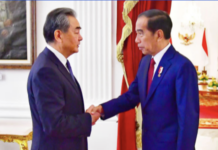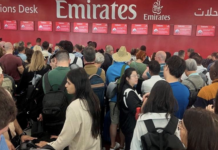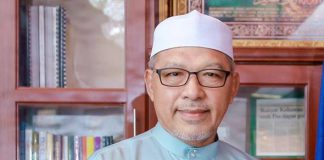PETALING JAYA, Aug 10: A vibrant economy would bode well for a ruling coalition during an election, with the public likely to close an eye to scandals or issues linked to the incumbent government, two economists say.
Academy of Sciences Malaysia fellow Madeline Berma said there was evidence that economic conditions shape electoral outcomes, with voters favouring the incumbent government when the economy is doing well compared to when it is doing badly.
Economic factors such as economic growth, rate of unemployment, national debt, taxation and poverty rate, all have some effect on voters’ decisions.
“In Malaysia, the more educated, urban-based voters are more influenced by economic factors as compared to the lower-educated and rural-based voters,” she told FMT.
However, she said, non-economics factors, such as the candidates’ image, their track records, and playing the religious and race cards tended to be the key determinants of voting behaviour.
“Malaysia’s rapid economic growth in the 1980s and 1990s have helped the incumbent party to stay in power, despite evidence of ‘soft authoritarianism’. This also happened in countries classified as Asian Tigers,” she said.
Another analyst, Shankaran Nambiar of the Malaysian Institute of Economic Research, said the state of the economy is generally something that political parties would bank on to convince voters.
The present government, he said, can rally on the point that it has contained the Covid-19 pandemic well and has put in place a good set of economic measures to mitigate the effects of the outbreak.
“This may resonate well with some sections of the voter population,” he said. Conversely, a sluggish economy would not work in favour of a ruling administration. Voters are most influenced by current sentiments and “their sense of what they can look forward to at this moment”.
Nambiar also believes that voters may be inclined to overlook other problems, even scandals, while enjoying the benefits of a vibrant economy
“One can argue that the 1MDB scandal caught the attention of the urban voter population the way it did because of the presence of several other issues that contributed to voter distress, among them a sagging growth rate and rising prices,” he said.
Political scientist Wong Chin Huat of the Jeffrey Sachs Centre on Sustainable Development said that if governments ran the economy well, they tended to win elections.
“The economy is very important to most voters who have vested interests, including employment, income and cost of living, he said.
However, scandals and issues that plague any government would become “more salient” if the public could see the cause and effect, such as when corruption impacts infrastructure, public services, cost of living and business confidence.
Wong said the Covid-19 pandemic would cause people to be more tolerant of an economic slowdown, especially if they believe that other countries are also not doing better. “But if they see the government as corrupt or self-serving, then recession becomes intolerable.”



















